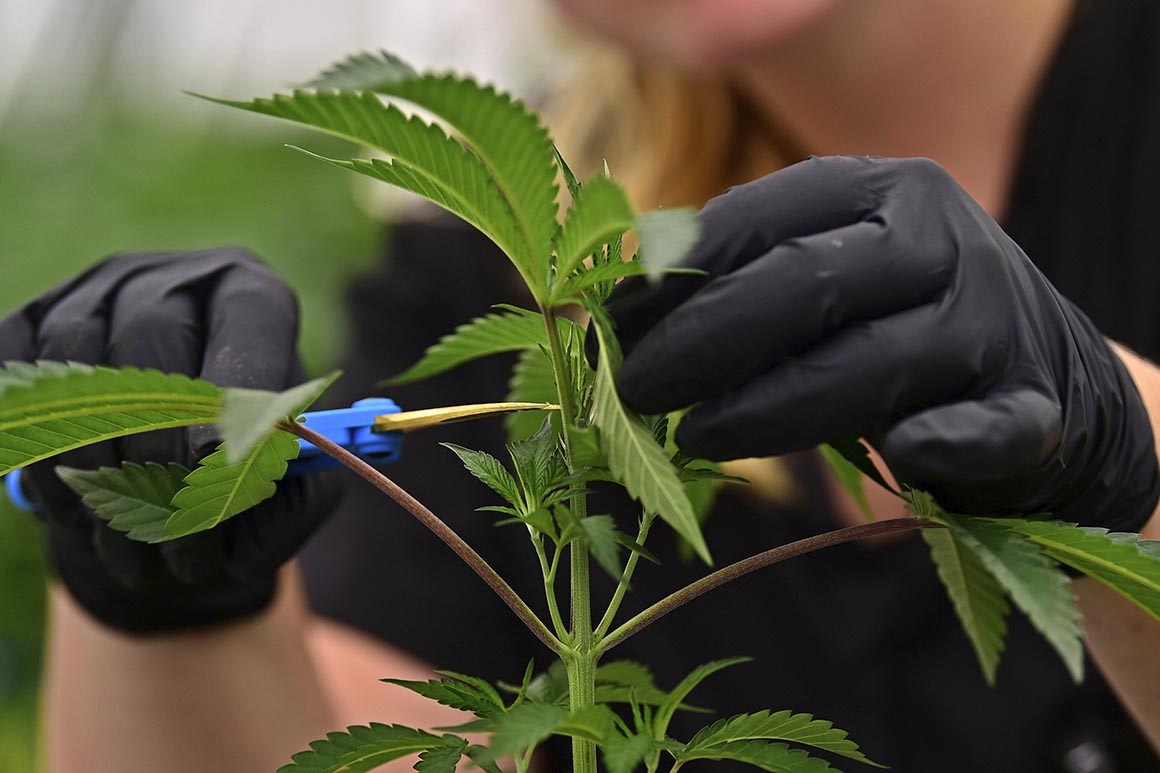It’s official. According to the United Nations, marijuana is no longer considered a Schedule IV drug.
After reviewing a series of World Health Organization (WHO) recommendations on marijuana and its derivatives, the UN has decided to remove cannabis from Schedule IV of the 1961 Single Convention on Narcotic Drugs.
Marijuana had been listed alongside deadly, addictive opioids, including heroin, for the last 59 years.
The 53 Member states had a historic vote this week of 27 in favour, 25 against, and one abstention. While the drug is considered an illegal recreational drug, this at least shows the UN is recognizing marijuana for its positive benefits.
Alfredo Pascual, an analyst for the trade publication Marijuana Business Daily has said “the message that the removal from Schedule IV sends cannot be overstated. It’s an implicit acknowledgement of its therapeutical utility and that marijuana is not as dangerous as believed about 60 years ago.”
According to the WHO, cannabidiol (CBD) – a non-intoxicating compound of the marijuana plant – is not subject to international controls.
Marijuana is still subject to restrictions under the Schedule I category.
“We welcome the long overdue recognition that cannabis is a medicine,” said Ann Fordham, executive director of the International Drug Policy Consortium. “However, this reform alone is far from adequate given that cannabis remains incorrectly scheduled at the international level.”
“The world has changed since the early 1960s,” said Pascual to the Times. “We will have the U.N., the main drug policy body, recognizing the medical usefulness of cannabis.
According to Pascual, the placement of the drug on the list had been a major obstacle to research into medical applications, and if it is removed it will likely aid international legalization movements.
Jessica Steinberg, managing director at the cannabis consulting firm Global C, told the Times, “Something like this does not mean that legalization is just going to happen around the world, [but] it could be a watershed moment.”
“Continuing down this path not only denies our citizens important medicinal products that relieve suffering but also represents a betrayal of the public trust,” Michael Krawitz, executive director for Veterans for Medical Cannabis Access, told the newspaper.

